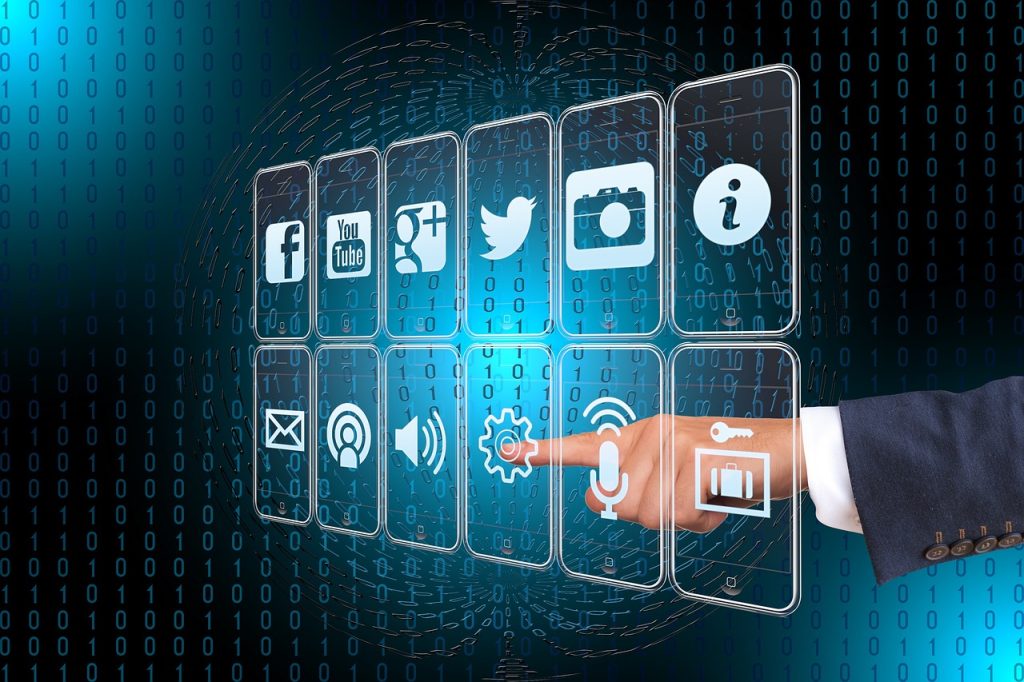The Internet of Things (IoT) is a network of physical objects, devices, vehicles, buildings, and other items that are connected to the internet and can communicate with each other. IoT technology has revolutionized the way we live, work, and interact with our environment, and has the potential to transform entire industries and economies.
In an IoT network, objects and devices are embedded with sensors and software that enable them to collect data, communicate with each other, and perform tasks based on that data. The data collected by IoT devices can be used to monitor and control a variety of systems, including energy management, transportation, healthcare, and agriculture.
One of the key benefits of IoT technology is its ability to provide real-time data and insights that can be used to optimize systems and improve efficiency. For example, IoT sensors can be used to monitor energy usage in a building, and that data can be used to adjust heating and cooling systems in real time to reduce energy consumption and costs.
Another benefit of IoT technology is its ability to automate tasks and processes. For example, IoT sensors can be used to monitor inventory levels in a warehouse, and when supplies run low, the system can automatically place an order to restock those supplies.
IoT technology is also being used to create new business models and revenue streams. For example, some companies are using IoT sensors to monitor the usage of their products and services, and are charging customers based on actual usage, rather than a fixed fee.
Despite the benefits of IoT technology, there are also challenges and concerns associated with its use. One of the biggest challenges is the security of IoT devices and networks. IoT devices are often connected to the internet without proper security protocols, making them vulnerable to cyber attacks. In addition, IoT devices often collect and transmit sensitive data, such as personal health information or financial data, which can be exploited if not properly secured.
Privacy is another concern with IoT technology. As IoT devices collect more and more data about individuals, there is a risk that this data can be used for purposes that the individual did not consent to. For example, IoT data could be used by insurance companies to set premiums or by employers to monitor employee behavior.
Finally, there is a concern that IoT technology could lead to job losses, as more tasks are automated and fewer workers are needed to perform those tasks. However, proponents of IoT technology argue that it will create new job opportunities in areas such as data analysis, software development, and system integration.
In order to address these challenges and concerns, it is important for organizations and governments to develop strong security and privacy policies for IoT devices and networks. This includes ensuring that IoT devices are properly secured and that data collected by those devices is only used for legitimate purposes. It also includes educating individuals about the risks and benefits of IoT technology, and giving them control over how their data is used.
Overall, the Internet of Things (IoT) is a powerful technology that has the potential to transform industries and economies. By connecting physical objects and devices to the internet, IoT technology can provide real-time data and insights, automate tasks and processes, and create new business models and revenue streams. However, there are also challenges and concerns associated with its use, including security, privacy, and job displacement. It is important for organizations and governments to address these challenges and concerns in order to fully realize the potential of IoT technology.







